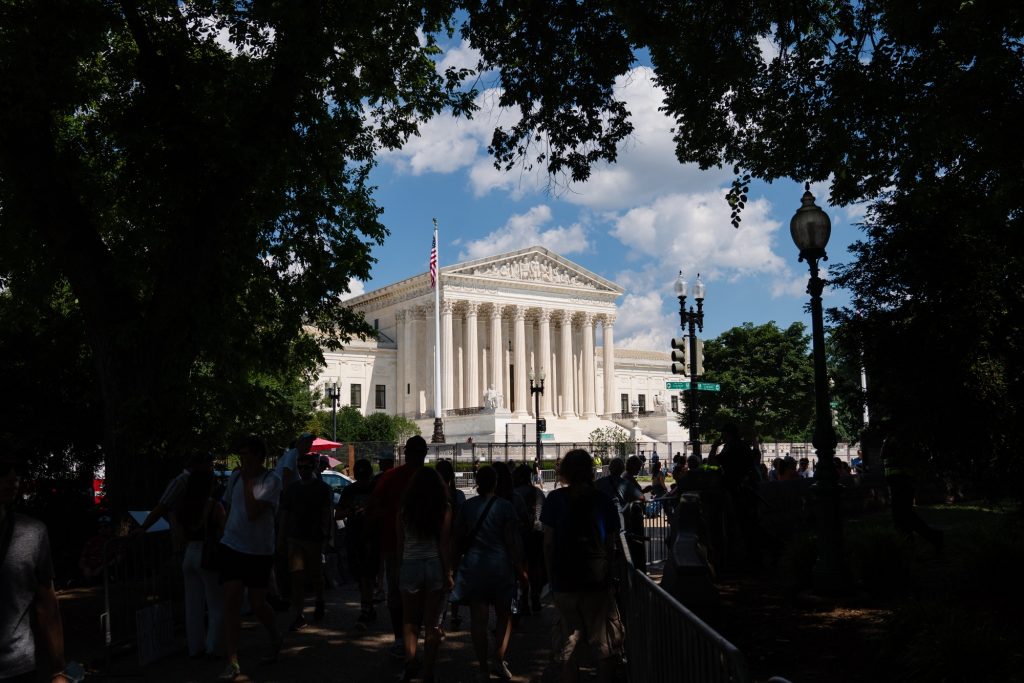
The recent decision by the US Supreme Court to decline a challenge to a work program benefiting foreign graduates of American colleges and universities has significant implications. Advocates believe this ruling paves the way for the Biden administration to explore opportunities to expand the program. In this article, we delve into the details of this decision and its potential impact on the Optional Practical Training (OPT) program.
Supreme Court’s Stand
The US Supreme Court’s decision not to take up the challenge effectively maintains the status quo for a key initiative within the immigration framework. The program in question is the Optional Practical Training (OPT), which primarily caters to students with backgrounds in science, technology, engineering, and math (STEM) fields. The rejection of the case preserves the Department of Homeland Security’s (DHS) authority to implement and oversee the OPT program.
A Vital Bridge for F-1 Visa Holders
For many international students pursuing F-1 student visas, the OPT program serves as a crucial bridge to the highly sought-after H-1B specialty occupation visa. The OPT program benefits individual career prospects by allowing these students to gain practical experience in their respective fields. It contributes to the US economy by filling talent gaps in critical sectors.
Potential for Program Expansion
With the Supreme Court’s decision maintaining the OPT program’s status, advocates anticipate renewed discussions regarding its expansion. Supporters argue that this program benefits foreign graduates and strengthens the American workforce, particularly in industries like chemical manufacturing and semiconductor technology. Expanding the OPT program could potentially bolster these sectors further.
Industry Impact
The OPT program’s significance extends beyond its role as a pathway to the H-1B visa. Many US employers, especially those in STEM-related fields, have come to rely on OPT participants to meet their talent needs. Companies in chemical manufacturing and semiconductor production sectors have found that OPT participants bring valuable skills and knowledge to their operations. Consequently, expanding the program could lead to more opportunities for employers to tap into this talent pool.
Economic Considerations
The economic ramifications of the Supreme Court’s decision are worth exploring. By maintaining the OPT program, the US can continue to attract and retain foreign talent, enhancing its global competitiveness in STEM fields. This program not only benefits international students but also contributes to the overall economic growth of the nation.
Don’t be a silent ninja! Let us know your thoughts in the comment section below.

